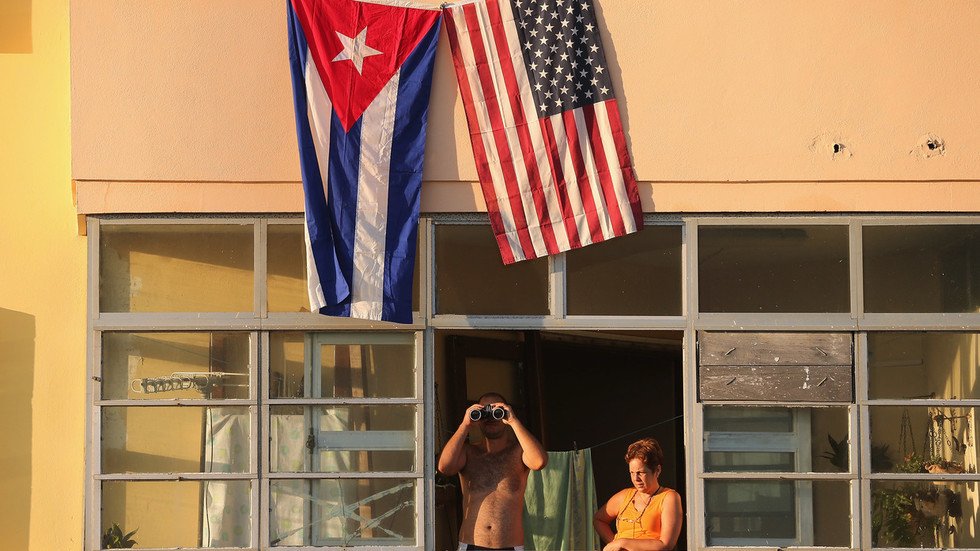President Bola Tinubu met with the Sultan of Sokoto, Sa’ad Abubakar III, at the Presidential Villa in Abuja on Friday. The Sultan, who also serves as the President-General of the Nigerian Supreme Council for Islamic Affairs, engaged in a closed-door discussion with the President. This meeting follows a recent encounter between President Tinubu and the Archbishop of Abuja Catholic Diocese, Most Rev. Ignatius Kaigama, aimed at promoting interfaith harmony.
The details of the discussion between President Tinubu and the Sultan were not publicly disclosed, but it is believed to have centered on enhancing interfaith understanding, national unity, and development. The meeting comes on the heels of comments made by US President Donald Trump, who threatened to take action against Nigeria over alleged anti-Christian attacks.
Following their meeting, the Sultan joined President Tinubu for the Juma’at prayer at the State House Mosque. During the prayer, the Imam, Alhaji Abdulwaheed Abubakar, urged Nigerians to support the government’s initiatives aimed at promoting peace and security. He emphasized that peace is a fundamental prerequisite for both individual growth and the nation’s overall development.
The meeting between President Tinubu and the Sultan of Sokoto is significant, given the importance of interfaith dialogue in promoting national unity and stability. Nigeria, a country with a diverse population of Christians and Muslims, has faced challenges related to religious tensions and conflicts in the past. The government’s efforts to engage with religious leaders and promote interfaith understanding are crucial in addressing these challenges and fostering a more harmonious and peaceful society.
The visit by the Sultan of Sokoto to the Presidential Villa is a positive step towards strengthening relationships between the government and religious leaders. It highlights the importance of collaboration and dialogue in addressing the country’s development challenges and promoting national unity. As Nigeria continues to navigate its complex religious landscape, such engagements are essential in promoting peace, stability, and prosperity for all citizens.



